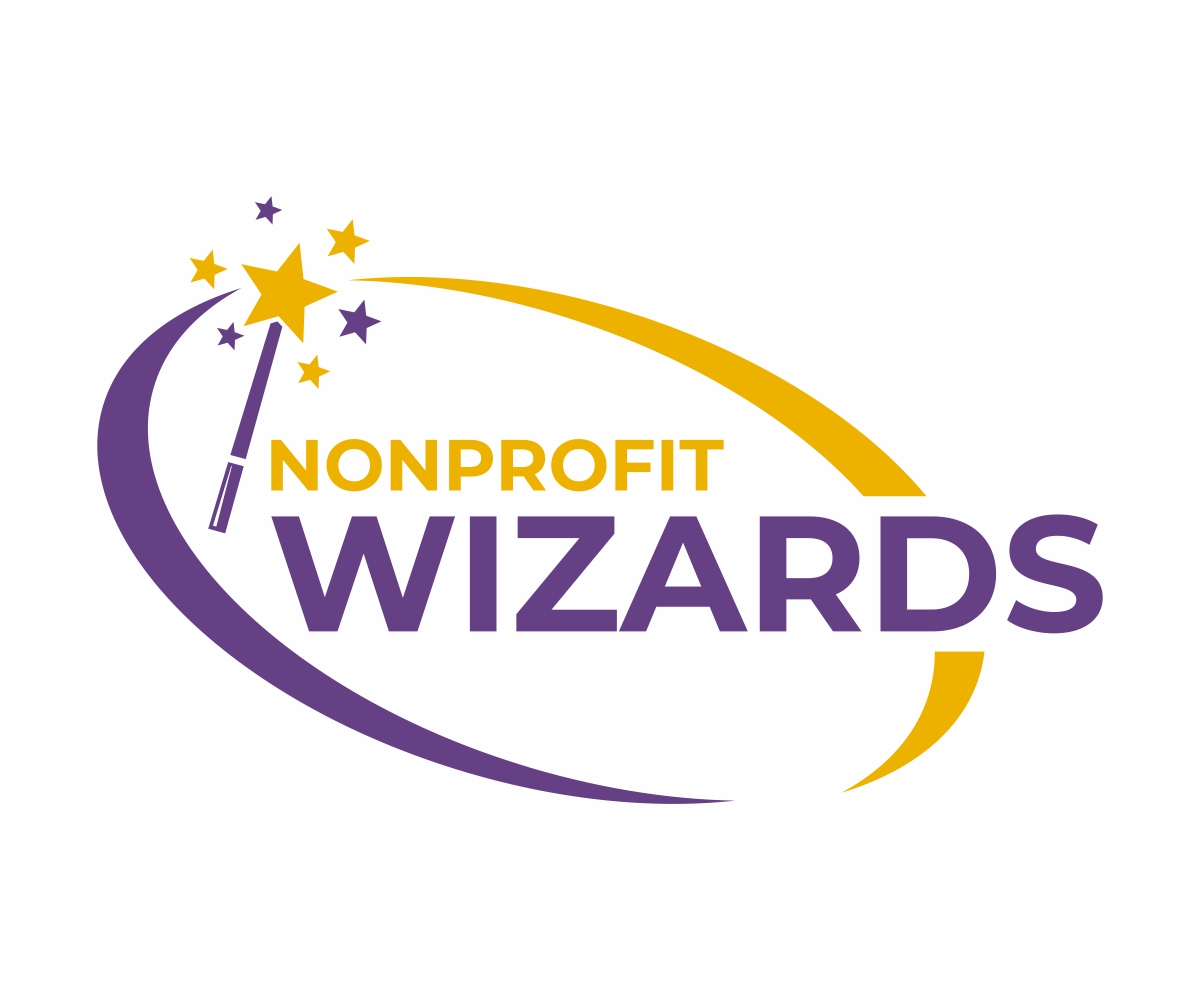I feel like I’m hearing a lot about Grit these days.
My wife had a workplace retreat recently with a guest speaker talking about how we need Grit. It is a theme at one of my children’s schools this year.
I’m hearing about it on podcasts I listen to. I heard it used to describe a baseball team last night (my favorite team, the American League-leading Kansas City Royals).
A Twitter search reveals a multitude of people talking about it.
Grit, grit, grit.
Maybe it’s just me, but it seems like it’s one of those trendy things right now.
What the heck is Grit?
According to Dictionary.com, grit is “courage and resolve; strength of character.”
Synonyms are listed as pluck, bravery, steel (as in “steely-nerved”), tenacity, perseverance, and endurance.
As best I can tell, having grit means mustering up the will to do that thing we know we need to do, even if…maybe especially when…we don’t want to do it. Likely it is something we’re not sure if we can do successfully or not, so there is an element of fear of failure.
This article in Forbes seems to sum grit up nicely.
That’s the proactive version.
The reactive version of grit would be picking yourself up after you’ve gotten knocked to the canvas. Rallying up after something bad has happened.
Why do we need Grit?
You might be asking yourself, “Why do we need grit?”
Because life doesn’t move in straight lines.
While the exercise of planning is essential, things rarely go according to plan. We are constantly forced to adjust, to re-tool, to adapt.
This is especially true for the nonprofit executive. It’s a roller-coaster. When adversity hits, we have to be resilient (another word for grit).
A new donor makes a major gift. Yay! A key staff member leaves for a job that’ll pay them more money. No! The numbers come back on your new program and it was way more popular than you thought it would be. Yay!
The gas company sends you a letter to say your meter hasn’t been working properly for the last ten years. Sorry about our mistake. By the way, you owe us $18,000 within 30 days of receipt of this letter. True story.
How do you know if you have Grit?
So you might be wondering right now if you have grit. There’s an assessment for it (of course).
Angela Duckworth has devoted her life to studying grit. She is a MacArthur Fellow and currently runs a research lab in the Psychology Department at the University of Pennsylvania. The lab offers an assessment and a host of online material here.
I took the test as I was preparing this post. I got 3.5 out of 5, which puts me in the 40th percentile of grittyness. I have some grit, just not as much as most people.
Apparently I need more.
If you don’t have it, how do you get it?
A quick internet search turned up an excellent post from Jessica Stillman (@entrylevelrebel) on Inc.com on how to train yourself to have more grit.
In it she lists factors which researchers have identified as contributing to resiliency. These include things like regularly facing fear, drawing on faith, using social support, and being physically fit.
So that’s a start.
But she only barely touches on the exercise that develops grit.
Fortunately, she links to another of her posts which contains the full answer: Entrepreneurs’ Secret Anti-Stress Weapon. And you know what that secret weapon is?
Mindfulness.
Okay, so then what the heck is mindfulness?
This article, courtesy of @lifehacker provides a great overview of mindfulness. I quote:
You can think of mindfulness as “paying attention on purpose, in the present moment, non-judgmentally—as if your life depended on it.”
I’m going to level with you: when I was looking for a definition for mindfulness–and happened upon this one–I thought it was…what’s the best word to use here? Oh yeah. Dumb.
However, the reason I thought it was dumb is because I wasn’t in a mindful state.
You see, it is taking longer to write this than I time-budgeted for. I’m pressing up against my deadline and feeling a little stressed.
In other words, I’m not paying attention–fully and completely–on the definition of mindfulness.
Plus, me thinking it’s “dumb” is a pretty crystal-clear example of judgement.
Mindfulness isn’t easy
You might read the definition of mindfulness and think, “well, that’s easy.”
Um…not so fast.
Let me ask you this: have you ever glanced at your email as a staff member was telling you something important?
Have you avoided doing that today?
Have you tried watching television and talking to a loved one at the same time?
Have you talked on the phone while driving?
Have you texted while driving?
Have you texted while in the midst of a group conversation?
You might identify these as the famed “multitasking.” It’s rampant in our society today.
These are also all examples of not being fully present in your primary task. Of not being mindful.
So how do I get some of that Mindfulness stuff?
The good news is that mindfulness can be developed. The bad news is it takes effort.
PsyBlog reports a research study wherein college students successfully developed mindfulness. The six key steps included:
- sitting in an upright posture with legs crossed and gaze lowered,
- distinguishing between naturally arising thoughts and elaborated thinking,
- minimizing the distracting quality of past and future concerns by reframing them as mental projections occurring in the present,
- using the breath as an anchor for attention during meditation,
- repeatedly counting up to 21 consecutive exhalations
- allowing the mind to rest naturally rather than trying to suppress the occurrence of thoughts.
In addition, Beth Kanter offers tools and tips for using data to help with your mindfulness training.
What do you think?
Do you feel like you have grit? Do you need more?
Are you awesome at practicing mindfulness in your work? In your relationships?
I’d love to hear your thoughts! Send me a message or hop over to the Nonprofit Wizards Facebook page!
Darren Macfee is the founder of the Nonprofit Wizards. His life purposes are to dispense homespun wisdom, grill a perfect meal for his family, and help nonprofit leaders create amazing results for and through their organizations. Follow him on Twitter @NPWizards or send him a note. Be sure to sign up for alerts so you never miss a post.
Newsletter

 StrenthsFinder 2.0 by Tom Rath
StrenthsFinder 2.0 by Tom Rath
 The Brothers K by David James Duncan
The Brothers K by David James Duncan

Good to Great: Why Some Companies Make the Leap…And Others Don’t by Jim Collins

Magnetic: The Art and Science of Engagement by Anne Bergeron and Beth Tuttle

Managing to Change the World: The Nonprofit Manager’s Guide to Getting Results by Alison Green and Jerry Hauser

The Art of Racing in the Rain by Garth Stein
Love Works: Seven Timeless Principles for Effective Leaders by Joel Manby
Some titles above are affiliate links. If you’re not sure why you should care click here. You’ll also learn how you can help feed the children.


